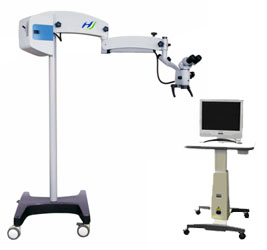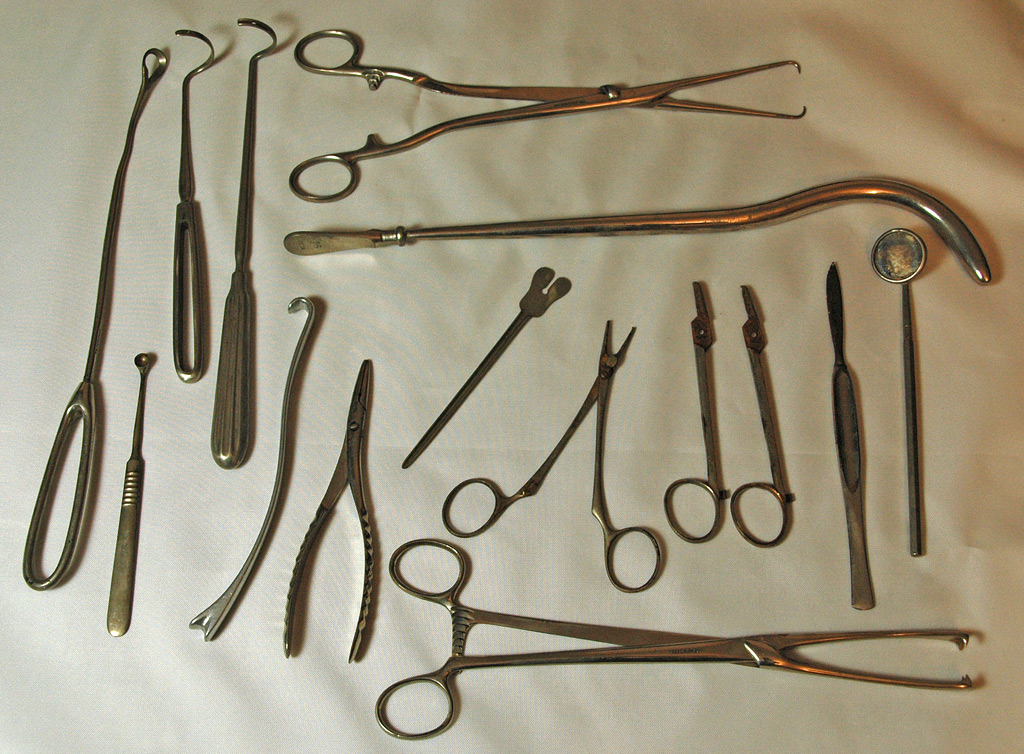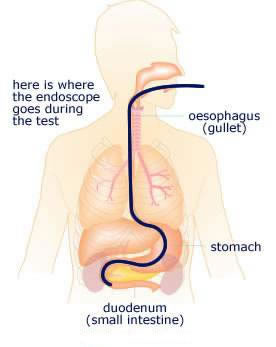 |
Services offered at Aanvi Endoscopy and Surgery Centre |
|
General Surgery
General Surgery is a medical specialty concerned with the treatment of a variety of disorders frequently requiring surgery. A board–certified general surgeon is required to complete five years of additional training after receiving the medical doctor degree. This involves learning how to evaluate a patient’s medical condition and determining whether surgery is the best type of treatment available.
A general surgeon receives extensive training in specific surgical procedures, pre–surgical patient consultation, and patient follow–up care. Some of the more common problems treated by a general surgeon are, Hernia, Hydrocele, Lipoma, Excision, Accidental Injury, Laparotomy, Renal Stone, Bladder Stone, Piles Surgery, Fissulectomy and Fissurectomy, Open Appendisectomy, Burn Injury, Open Hystrectomy, Breast Surgery, Prostate Surgery. |
 |
 |
General surgery, despite its name, is a surgical specialty that focuses on abdominal organs, e.g., intestines including esophagus, stomach, small bowel, colon, liver, pancreas, gallbladder and bile ducts, and often the thyroid gland (depending on the availability of head and neck surgery specialists). They also deal with diseases involving the skin, breast, and hernias.
General Surgery involves round the clock presence of surgeons in hospitals in case of emergency surgeries. Apollo's general surgeons are experienced, highly qualified surgeons who are well supported by resident doctors. The general surgery department is well equipped to take charge of all surgical emergencies and problems. Abdominal traumas and other acute emergency cases are efficiently handled by the caring doctors and staff of the hospital. |
Upper G I Endoscopy
It is a test that lets the doctor look at the lining of your:
• Oesophagus (gullet)
• Stomach
• Duodenum (the first part of the small intestine)
The test is done with a thin, flexible telescopic instrument called an endoscope. It is passed through the mouth and down into the stomach. The doctor or nurse can look for anything unusual, and take samples of tissue (biopsies) to be examined under a microscope.
• Foreign Body removal and treatment of Haemetemesis is done at our setup. |
 |
 |
Lower GI Endoscopy
Lower GI (gastrointestinal) endoscopy is the examination of the entire colon (colonoscopy) of the rectum and sigmoid colon (flexible fiberoptic sigmoidoscopy). In both procedures, a flexible tube composed of thin fibers of glass and attached to a powerful light source is passed into the lower GI tract for direct observation. The endoscopist, a specially trained physician, uses lower GI endoscopy to obtain specimens, remove polyps, and diagnose bleeding, inflammation, or tumors.
|
| Next >>> |
|
|
|